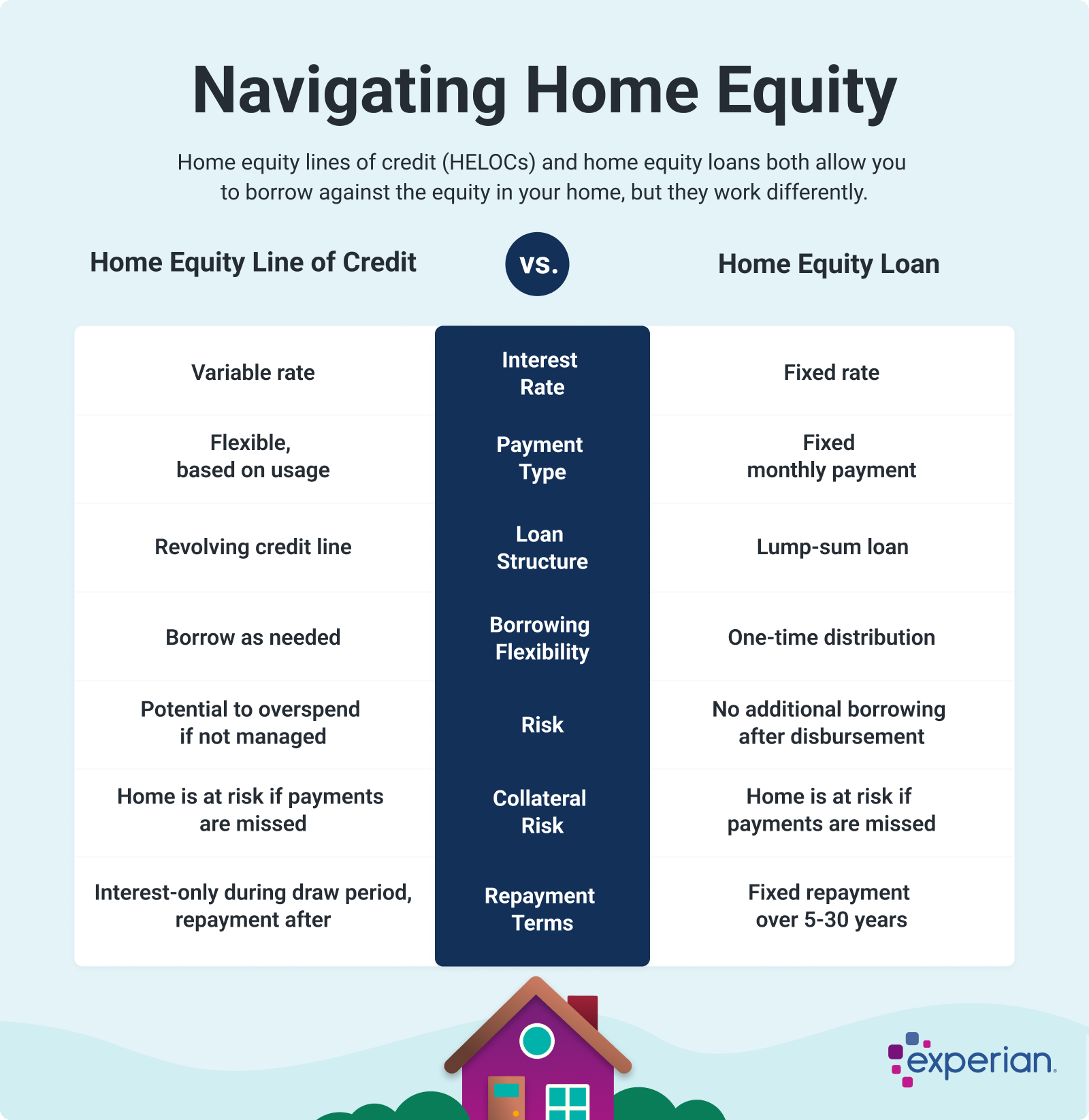How Equity Release Mortgages Work with Inheritance Planning
How Equity Release Mortgages Work with Inheritance Planning
Blog Article
Discovering the Various Sorts Of Equity Release Mortgages Available Today
Equity Release home mortgages existing various alternatives for home owners aged 55 and over. equity release mortgages. These financial products deal with different demands and preferences, enabling individuals to accessibility funds from their building. From life time home mortgages to common appreciation mortgages, each type supplies unique advantages. Understanding these choices is vital for making educated decisions. What variables should one think about when picking one of the most suitable equity Release plan? The details that comply with might clarify this essential subject
Recognizing Equity Release Mortgages
Equity Release mortgages offer property owners, typically those aged 55 and over, with a means to access the value locked up in their building without needing to market it. This financial option enables individuals to transform a part of their home equity right into money, which can be used for different purposes, such as home enhancements, repaying financial obligations, or funding retirement.Equity Release can take different types, however it essentially involves borrowing versus the value of the home while preserving ownership. Property owners can choose to receive a lump sum or a series of smaller sized settlements, depending upon their financial needs and preferences.Additionally, the amount offered for Release is affected by the residential or commercial property's worth, the house owner's age, and particular loan provider standards. On the whole, recognizing equity Release home loans is important for house owners to make informed choices about touching into their home's equity while considering the lasting effects.
Lifetime Mortgages
Life time home mortgages stand for one of the most popular kinds of equity Release. This economic product enables homeowners, typically aged 55 or older, to borrow versus the value of their building while keeping ownership. The car loan, which is protected against the home, accumulates passion gradually yet does not call for month-to-month settlements. Instead, the finance and accumulated rate of interest are paid back when the home owner passes away or moves right into long-lasting care.Lifetime home loans provide flexibility, as borrowers can select to get a round figure or select a drawdown center, accessing funds as needed. Importantly, numerous strategies featured a no-negative-equity assurance, guaranteeing that borrowers will certainly never ever owe greater than the worth of their home. This feature offers assurance, allowing people to enjoy their retired life without the anxiety of diminishing their estate. Overall, lifetime mortgages act as a sensible alternative for those seeking economic assistance in later life.
Home Reversion Plans

Drawdown Lifetime Mortgages
While many house owners look for means to access their riches, drawdown lifetime mortgages present an adaptable choice that permits individuals to Release funds slowly. This kind of equity Release home mortgage makes it possible for property owners to obtain against the value of their residential or commercial property while retaining possession. Unlike conventional lifetime mortgages, drawdown plans permit consumers to access a portion of their equity upfront and withdraw extra funds as needed, approximately a fixed limit.This feature can be specifically advantageous for those who wish to manage their financial resources carefully, as it reduces interest accumulation by only charging interest on the quantities attracted. Additionally, drawdown lifetime home loans commonly include a "no adverse equity guarantee," ensuring that customers will certainly never ever owe even more than their home's worth. This alternative matches senior citizens that want financial safety and security and versatility, enabling them to meet unexpected expenditures or preserve their way of life without having to offer their home.
Improved Life Time Mortgages
Boosted Lifetime Mortgages provide distinctive advantages for eligible house owners looking for to Release equity from their residential properties. Comprehending the eligibility criteria is vital, as it establishes who can profit from these specialized financings. It is likewise vital to examine the prospective downsides associated with boosted choices, making sure a well-rounded viewpoint on their usage.
Eligibility Standards Explained
Understanding the qualification requirements for Enhanced Lifetime Mortgages is vital for prospective applicants looking for to access the equity in their homes. Generally, applicants have to be aged 55 or older, as this age requirement is standard in the equity Release market. Property owners need to have a residential or commercial property valued at a minimal threshold, which can differ by loan provider. Significantly, the home should be their primary residence and in great problem. Lenders usually examine the property owner's health status, as particular wellness problems may boost eligibility and benefits. Furthermore, candidates must not have existing substantial financial obligations protected against the property. Fulfilling these standards permits people to explore Enhanced Life time Home loans as a viable choice for accessing funds bound in their homes.
Benefits of Improved Home Mortgages
After clearing up the qualification criteria, it becomes apparent that Enhanced Life time Home loans supply several substantial benefits for property owners seeking to take advantage of their residential or commercial property equity. Primarily, they give access to a larger car loan quantity compared to common lifetime home mortgages, benefiting those with health and wellness problems or age-related factors that boost their life span risk. This enhanced borrowing capacity enables home owners to satisfy different economic requirements, such as home enhancements or retirement costs. Additionally, these home mortgages typically feature flexible settlement alternatives, making it possible for borrowers to handle their financial resources better. The no-negative-equity guarantee additionally ensures that house owners will certainly never ever owe greater than their home's worth, giving tranquility of mind. On The Whole, Improved Life time Home mortgages present an engaging alternative for eligible property owners looking for financial remedies.
Potential Drawbacks Considered
While Enhanced Life time Home loans provide various advantages, prospective downsides require cautious factor to consider. One substantial problem is the effect on inheritance; the equity released decreases the value of the estate left to beneficiaries. In addition, these home loans can accumulate substantial interest with time, resulting in a considerable financial debt that may surpass the original car loan quantity. There may additionally be restrictions on property alterations or rental, restricting home owners' versatility. In addition, boosted items usually require details health conditions, indicating not all property owners will More Help certainly qualify. Taking care of the charges and costs linked with these home mortgages can be intricate, potentially leading to unexpected costs. Because of this, people should thoroughly examine their scenario and get in touch with economic advisors prior to proceeding.
Shared Gratitude Home Loans
Shared Admiration Mortgages stand for an unique financial arrangement that allows home owners to accessibility equity while sharing future residential property value increases with the lender. This strategy provides possible benefits such as reduced month-to-month payments, but it likewise comes with disadvantages that must be carefully considered. Recognizing the qualification requirements is crucial for those interested in this alternative.
Idea Review
Equity Release home loans, specifically in the type of common appreciation home mortgages, offer home owners an one-of-a-kind financial option that allows them to accessibility funds by leveraging the value of their home. In this arrangement, a lending institution gives a funding to the property owner, which is commonly repaid with a share of the residential property's future gratitude in worth. This implies that when the home owner offers the home or passes away, the lending institution receives a percent of the increased value, rather than simply the preliminary financing amount. Shared recognition home loans can be appealing for those seeking to supplement their income or finance considerable expenditures while maintaining ownership of their home. Nevertheless, the financial implications of shared recognition should be very carefully thought about by potential consumers.
Advantages and Drawbacks
Although shared admiration home mortgages can give significant monetary benefits, they likewise come with notable drawbacks that prospective customers need to take into consideration. These home loans permit home owners to accessibility equity in their buildings while sharing a section of any type of future gratitude with the loan provider. This arrangement can be advantageous throughout times of increasing residential or commercial property values, providing considerable funds without monthly payments. Nevertheless, the major disadvantage is the possible loss of equity; property owners might finish up with appreciably reduced inheritance for heirs. Furthermore, the intricacy of the terms can bring about misconceptions regarding repayment obligations and the percent of gratitude owed. As a result, it is important for consumers to weigh these elements thoroughly before devoting to a common admiration mortgage.
Qualification Requirements
What criteria must house owners satisfy to certify for a common gratitude home mortgage? Mainly, candidates should be at the very least 55 years of ages, ensuring they are within the target market for equity Release items. In addition, the residential or commercial property should be their main house and normally valued above a defined minimum threshold, often around ? 100,000. Lenders likewise evaluate the home owner's economic scenarios, including earnings and exceptional financial obligations, to establish they can handle the mortgage sensibly. Significantly, the residential or commercial property has to remain in excellent problem and totally free from considerable legal encumbrances. Homeowners must additionally have a clear understanding of the terms, including just how appreciation will be shared with the lending institution upon sale or transfer of the residential property, as this affects total returns.
Choosing the Right Equity Release Choice

Often Asked Concerns
What Age Do I Required to Be for Equity Release?
The age need for equity Release commonly begins at 55 for most plans. Nonetheless, some suppliers may use choices for those aged 60 and above, reflecting varying terms based upon individual situations and loan provider plans.
Will Equity Release Affect My Inheritance?
Equity Release can influence inheritance, as the amount borrowed plus passion decreases the estate's worth. Successors might obtain much less than anticipated, relying on the building's gratitude and the overall financial obligation at the time of passing.
Can I Relocate House With Equity Release?
The inquiry of relocating residence with equity Release emerges often. Typically, people can move their equity Release plan to a brand-new residential or commercial property, yet details terms and conditions may use, calling for appointment with the lender for assistance.
Exist Fees Connected With Equity Release Mortgages?
Costs related to equity Release home mortgages can consist of plan costs, assessment costs, and lawful expenses. Furthermore, there may be very early repayment charges, which can influence the overall expense and financial effects for the consumer.
How Does Equity Release Influence My Tax Situation?
Equity Release can influence one's tax obligation situation by possibly enhancing gross income, as released funds are taken into consideration funding. However, it generally does not sustain prompt tax obligation obligations, making it important to seek advice from a financial consultant for customized assistance.
Conclusion
In summary, the variety of equity Release mortgages available today provides home owners aged 55 and over several paths to access their residential property's worth - equity release mortgages. Whether selecting a life time home loan, home reversion plan, or other options, each option offers distinctive advantages customized to private monetary needs. Cautious factor to consider and appointment with an economic consultant are read more important to ensure the selected equity Release remedy lines up with financial conditions and personal objectives, ultimately promoting informed decision-making for a protected economic future. Equity Release home mortgages existing numerous choices for house owners aged 55 and over. Equity Release mortgages provide homeowners, typically those aged 55 and over, with a method to access the worth connected up in their property without requiring to market it. Enhanced Lifetime Home loans supply distinctive advantages for qualified homeowners seeking to Release equity from their residential properties. Equity Release mortgages, especially in the form of shared admiration home mortgages, provide home owners a distinct financial solution that allows them to access funds by leveraging the value of their home. In recap, the selection of equity Release home loans available today supplies home owners aged 55 and over several pathways to access their residential property's value
Report this page